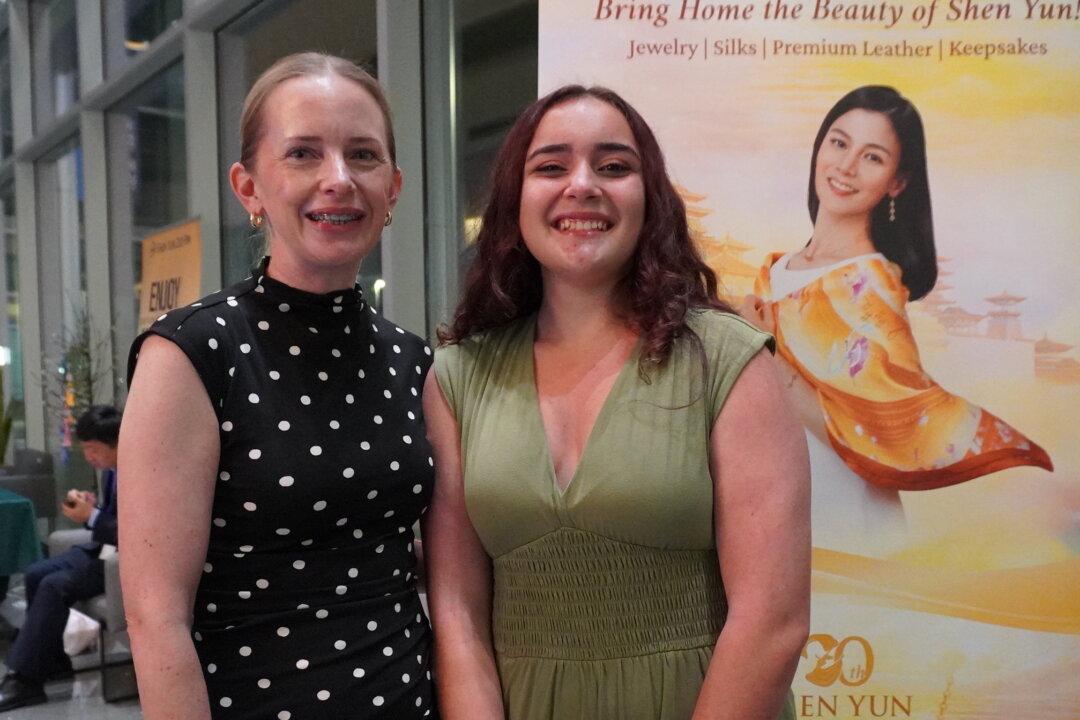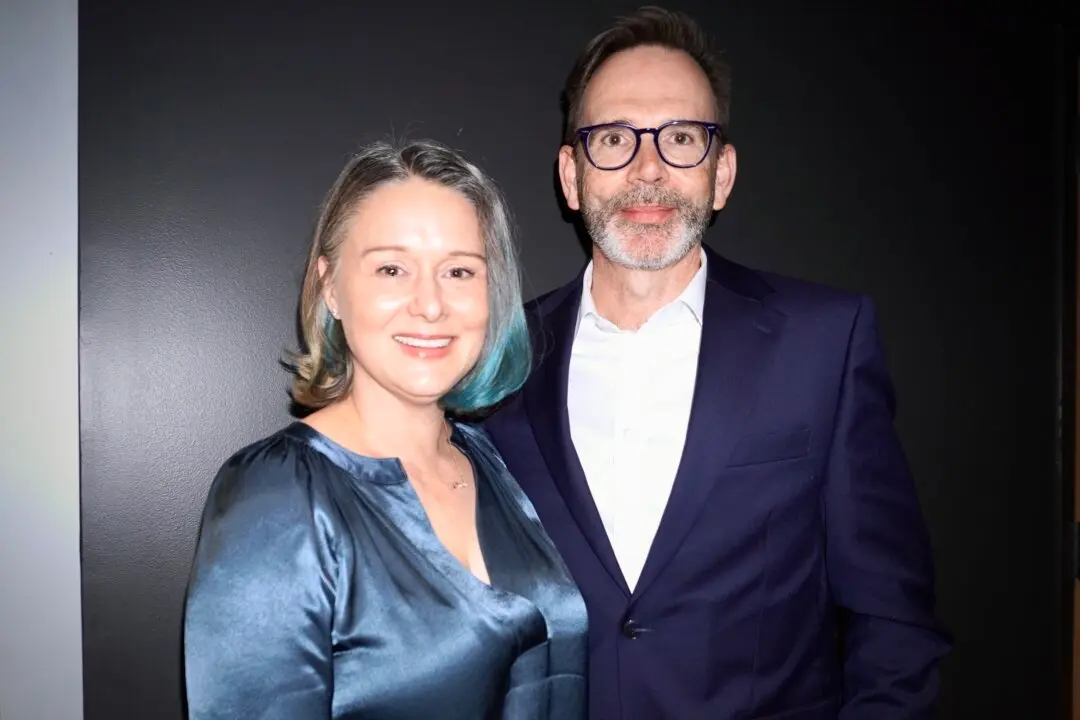An obscure law is being used in a California child custody case.
Lexi, 6, is 1.56 percent Choctaw Native American.
Under the Indian Child Welfare Act, passed in 1978, Lexi should be with an “American Indian family.”
The law has prompted authorities to remove Lexi from her white foster parents, Rusty and Summer Page of Santa Clarita.

Rusty Page carries Lexi while Summer Page, in the background, cries as members of family services, left, arrive to take Lexi away from her foster family in Santa Clarita, Calif., Monday, March 21, 2016. Lexi, who spent most of her life with California foster parents, was removed from her home on Monday under a court order that concluded her native American blood requires her placement with relatives in Utah. David Crane/Los Angeles Daily News via AP





